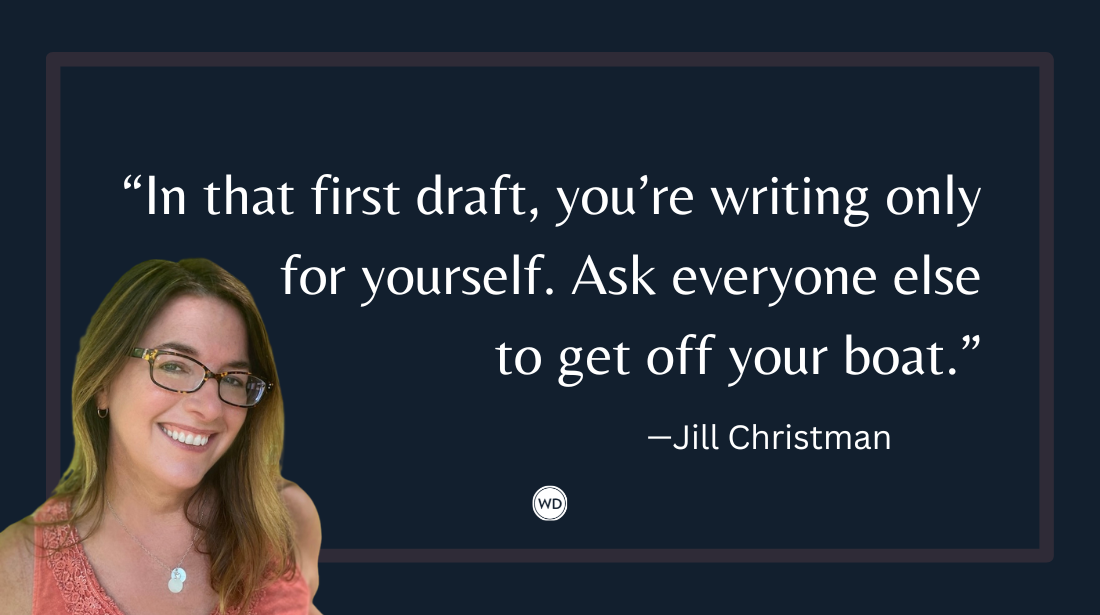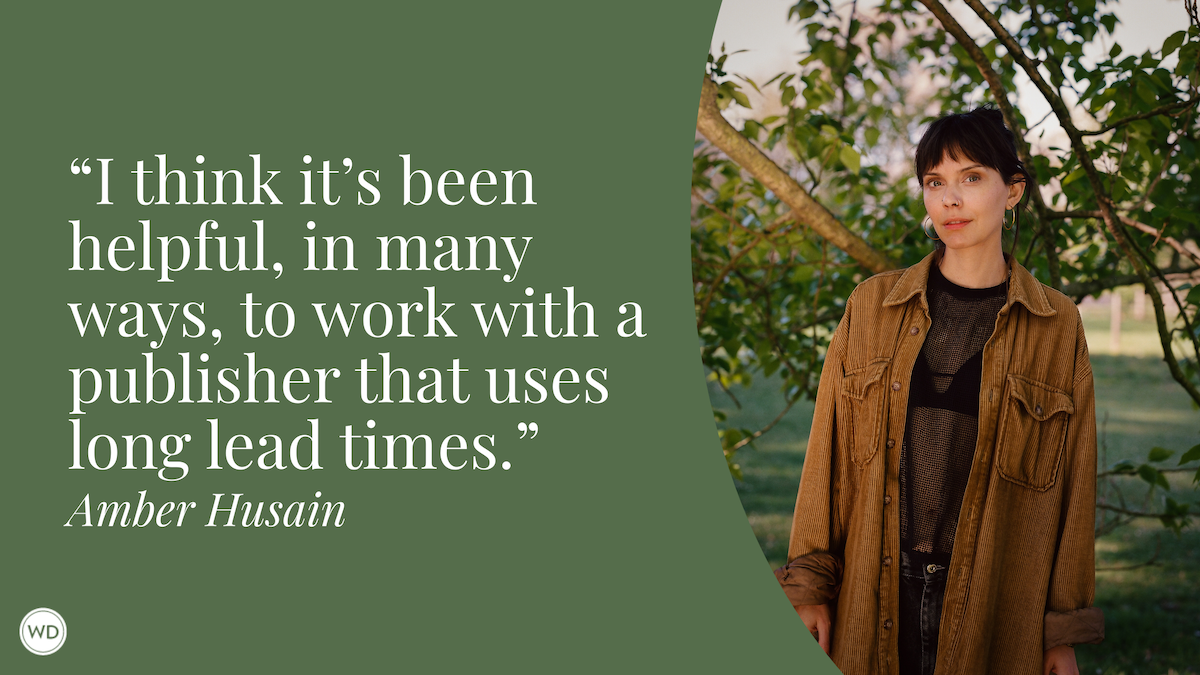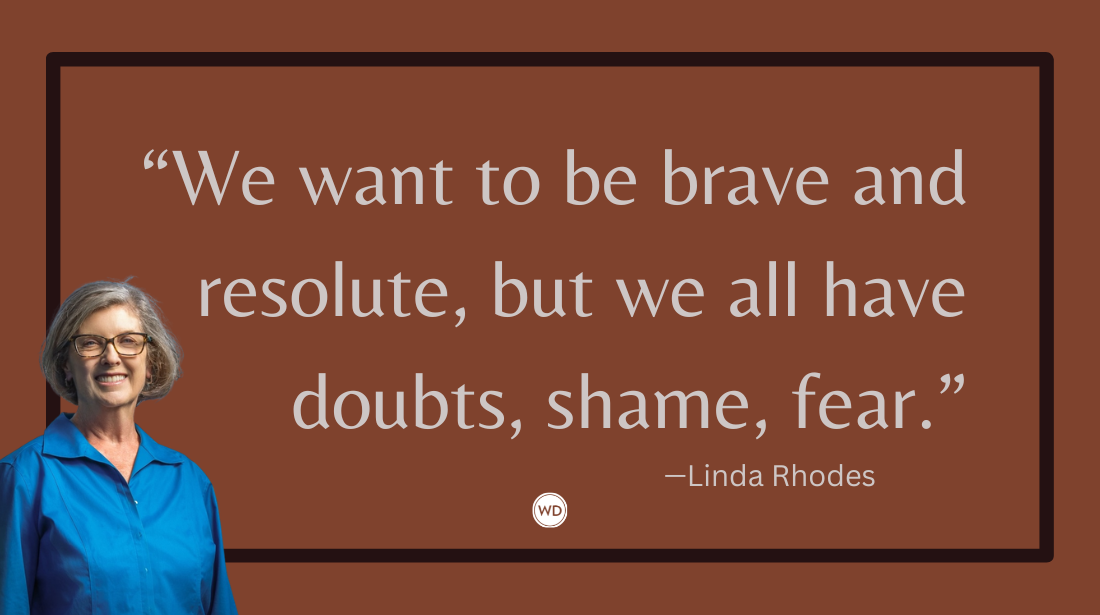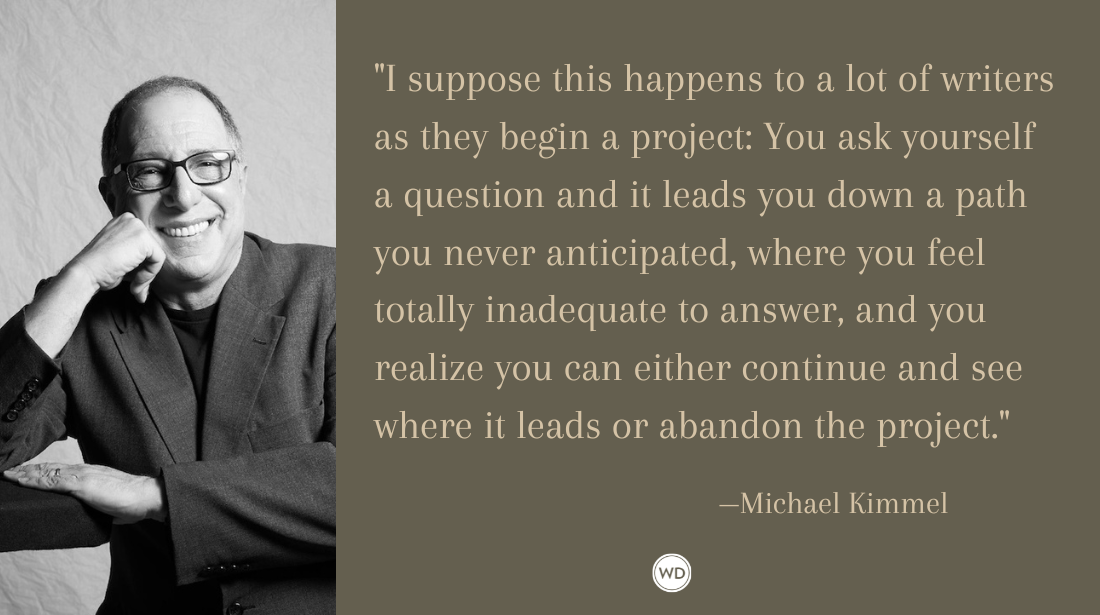7 Things I’ve Learned So Far, by Glen Retief
Outside of personal experience, the best way to learn is to get advice from people who’ve been there and done that. Discover the seven things learned so far by author Glen Retief.
This is a recurring column called “7 Things I’ve Learned So Far,”where writers (this installment written by Glen Retief, author of THE JACK BANK) at any stage of their career can talk about writing advice and instruction as well as how they possibly got their book agent -- by sharing seven things they’ve learned along their writing journey that they wish they knew at the beginning.
1. You can have your own private language, and eat it too. It’s not just immigrant writers who straddle multiple dialects. Anybody part of a subculture, or describing one—maximum-security prisoners, working-class drag queens, or Wall Street stockbrokers—faces the dilemma of what to do about specialized vocabulary. Yissus, oukies, but that can be a blind one, hey? This translates roughly, from South African English: Wow, folks, but that can be a tough business, can’t it? You don’t want to exclude your readers. But you also don’t want to have to dumb your work down, with clumsy explanations every time someone mentions an ETF or a chi-mo.
But the problem is fairly easily solved by providing the kinds of specific contextual details that make the meaning clear. Example: “On languid afternoons sitting together baking mud pies behind my cousins’ house, we regale each other with stories of boomslangs dropping out of trees and sinking their deadly fangs into passers-by.” Now you didn’t think a boomslang in that sentence was a pear or a ball bearing, did you?
2. Memoir isn’t “true” in the same way reportage is. Fact-checking my own book, I found sweet, telling errors. I’d misremembered that my best friend, shy and freckled, took the most glamorous and beautiful girl in high school to the prom. I recalled that Albie Sachs, a future judge on South Africa’s Constitutional Court, told my human rights activist group in 1990 that we’d won a sexual orientation nondiscrimination clause in the postapartheid constitution. Writing The Jack Bank, I found this recollection rather poignant, because Albie Sachs lost an arm and an eye to a car bomb planted by people connected to a childhood friend. The only problem with this schmaltz? The archived minutes revealed Sachs said he thought our chances of such a human rights victory were decent, but not certain. So he was not quite the triumphant survivor-liberator. I fixed these mistakes in my manuscript, but I’m sure there are many more like them. The moral: read even a memoir written in complete good faith like it’s a mix of truth and inadvertent fiction.
3. Send your family galleys, but not drafts. I e-mailed my aunt an early draft of a chapter which only marginally mentions her, and she flipped out. I tried to accommodate her objections, but there was only so much I could do—what I was saying about her wasn’t blatantly harmful to her reputation, and I certainly felt it was on target. So unless you really are willing to make major changes to your story to protect your loved ones’ sensitivities—even if those requests are unreasonable—wait till later in the process. You know what they say about permission and forgiveness.
4. Embrace your niche audiences. When reviewers first started talking about my book as being perfect for Africa-philes, LGBT people, and social historians, I bristled. Who’d say Shakespeare wrote fine plays only of interest to white male aristocrats and merchants? But so far, my niche groups have proved loyal audiences. Complete universality is a myth. Authors have to start somewhere.
5. Write in the most beautiful place you can find. Writing requires just about more concentration than any other activity I can think of, and there’s nobody to cheer you on. Bookshelves groan under the weight of self-help volumes designed to help people put pen to paper. So be as kind to yourself as you can when you set up your work space.
6. Read your words aloud. For years, during public readings, I would make mental notes: “Boy, this sentence is kind of wordy. These whole two pages could probably be left out!” I joked to a friend, “I should edit in front of the audience.” Then I heard about Flaubert, who shouted his sentences to test their rhythm. Now, I read anything aloud several times before I decide it’s ready for public consumption.
7. Exercise regularly. Recently, an interviewer asked me why so many famous writers struggled with mental illness and depression. I had a bunch of theories about this, having been clinically depressed myself, once, while struggling with a novel, a romantic relationship, and an immigration-related legal quandary. But the fact remains: digging deep into your emotions, by yourself, and then being rejected by a world that doesn’t need any our masterpieces isn’t the most obvious recipe for joy and good cheer. So get out. Run, swim, and walk. Dance in the basement to Lady Gaga on your iPod. Cultivate love and friendship. Writing seriously is a Himalaya climb, an ultra-marathon. You’ll need to be in good mental and physical shape to undertake it.
Glen Retief is the author of The Jack Bank, a memoir focusing on his experiences of violent whites-only hazing rituals under apartheid. Kirkus Reviews called it “Visceral and emotionally complex—an impressive first book." You can read an excerpt, find out more about his work, or follow him on Twitter or his website.









